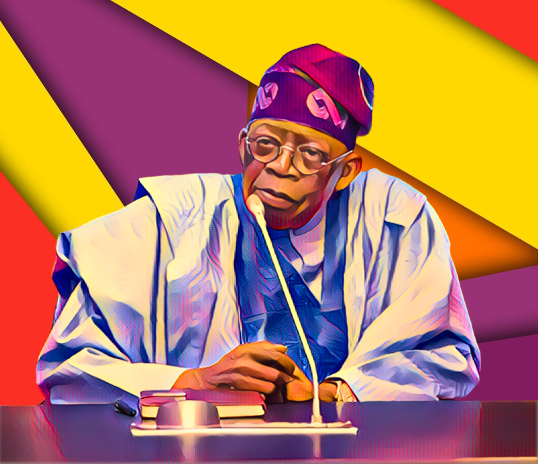President Bola Ahmed Tinubu of Nigeria has announced the implementation of the Oronsaye Report, a long-awaited reform that aims to reduce the size and cost of the federal government. The report, which was submitted in 2012 by a panel led by Steve Oronsaye, the former head of service, recommended the scrapping or merging of many government agencies and parastatals.
President Tinubu, in a statement issued by his special adviser on information and strategy, Bayo Onanuga, said the decision was motivated by the need to streamline and rationalize the government structure, to ensure efficiency and effectiveness in governance. He said the implementation of the Oronsaye Report would result in significant savings and optimization of resources within the government.
The Oronsaye Report identified 541 government parastatals, commissions, and agencies, out of which 263 were statutory, 153 were non-statutory, and 125 were dormant. The report proposed the abolition of 38 agencies, the merger of 52, and the reversion of 14 to departments in ministries. The report also suggested the discontinuation of government funding for 10 professional bodies and councils.
President Tinubu said the implementation of the Oronsaye Report would not affect the welfare and rights of the workers in the affected agencies. He said the government would ensure a smooth and fair transition process, in consultation with the relevant stakeholders. He also said the government would provide adequate compensation and retraining for the workers who would be affected by the reform.
President Tinubu said the implementation of the Oronsaye Report was part of his administration’s commitment to fiscal responsibility and accountability. He said the government would prioritize the delivery of quality public services and the creation of an enabling environment for private sector growth and job creation.
President Tinubu also thanked the international community, especially the World Bank, the International Monetary Fund, and the African Development Bank, for their support and advice on the reform. He said the government would continue to work with its partners to achieve the Sustainable Development Goals and the African Union Agenda 2063.
President Tinubu expressed his hope that the implementation of the Oronsaye Report would mark a new era of governance in Nigeria, one that is leaner, smarter, and more responsive to the needs and aspirations of the Nigerian people.
Source: BusinessDay



